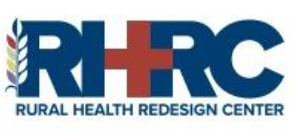January 31, 2024

RHIhub Updated Topic Guides
The Rural Health Information (RHI) hub announces newly updated topic guides.
- Applying for Grants to Support Rural Health Projects
- Provides information and resources to help rural communities learn about finding grant funding and how to develop a proposal to support projects and programs to improve rural healthcare
- Covers tips on the types of information to include in an application and other strategies when planning and preparing a grant proposal
- Violence and Abuse in Rural America
- Shares information and resources describing the prevalence of violence and abuse in rural America, and other factors impacting violence and abuse victims such as healthcare access and poverty
- Covers prevention strategies and other support for communities and healthcare providers to help address violence and abuse in rural areas






